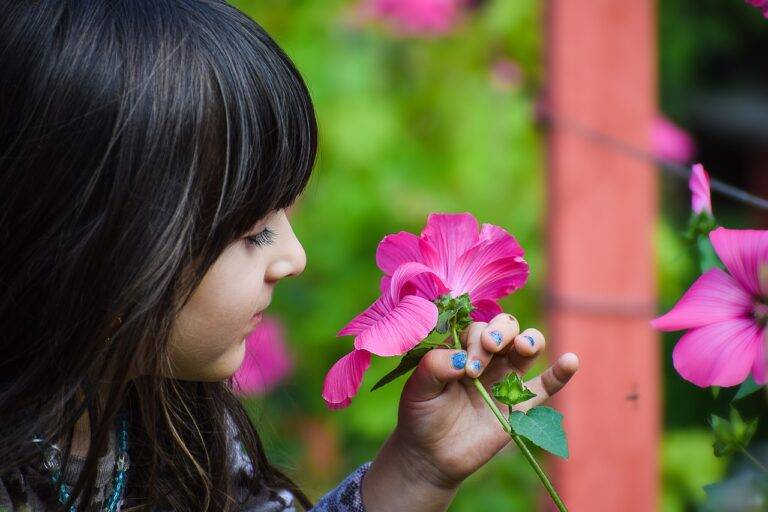Ethical Toy Shopping: Choosing Sustainable Playthings for Family Lifestyles
Sustainable toys offer numerous advantages for your family beyond just being environmentally friendly. These toys are typically made from non-toxic materials, ensuring the safety of your children during playtime. By choosing sustainable toys, you are not only protecting the planet but also safeguarding the health and well-being of your loved ones.
Additionally, sustainable toys are often crafted to last longer than their traditional counterparts, reducing the need for frequent replacements. This can ultimately save you money in the long run, making sustainable toys a cost-effective choice for families. Moreover, these toys are designed to spark creativity and imagination in children, providing them with enriching play experiences that can contribute to their overall development.
Heading 2: Understanding the Impact of Traditional Toys on the Environment
One of the key considerations when it comes to choosing toys for children is the impact these products have on the environment. Traditional toys, often made from plastic or non-sustainable materials, contribute significantly to environmental degradation. From the extraction and processing of raw materials to the energy-intensive manufacturing processes, traditional toys have a notable carbon footprint that should not be overlooked.
Moreover, the disposal of these toys poses another challenge to the environment. Plastic toys, for instance, contribute to the global plastic waste crisis as they often end up in landfills or oceans, taking hundreds of years to decompose. The cycle of production, consumption, and disposal of traditional toys perpetuates a linear economy that is not sustainable in the long term. As consumers become more conscious of the environmental impact of their choices, the toy industry is also being urged to adopt more sustainable practices to mitigate these negative effects.
• Traditional toys are often made from plastic or non-sustainable materials
• The extraction and processing of raw materials for traditional toys have a significant carbon footprint
• Energy-intensive manufacturing processes further contribute to environmental degradation
• Disposal of plastic toys adds to the global plastic waste crisis
• Plastic toys can take hundreds of years to decompose in landfills or oceans
• The linear economy perpetuated by traditional toy production, consumption, and disposal is not sustainable in the long term
• Consumers are becoming more conscious of the environmental impact of their choices
• The toy industry is urged to adopt more sustainable practices
Heading 3: Benefits of Choosing Ethical Toys for Children’s Development
When it comes to investing in toys for children, opting for ethical choices can have a positive impact on their overall development. Ethical toys are often made from sustainable materials, promoting environmental consciousness from a young age. These toys are typically free from harmful chemicals and toxins, ensuring the safety and well-being of children during playtime.
Furthermore, choosing ethical toys can also teach children valuable lessons about social responsibility and ethical consumption. By selecting toys that are produced in fair working conditions and promote ethical practices, parents cultivate a sense of empathy and mindfulness in their children. This not only benefits the child’s personal development but also instills a sense of respect for both the environment and the individuals involved in the toy-making process.
How do ethical toys benefit children’s development?
Ethical toys promote creativity, critical thinking, and problem-solving skills in children. They also encourage social skills, empathy, and a sense of responsibility towards the environment.
Are ethical toys more expensive than traditional toys?
While some ethical toys may have a higher price tag due to their sustainable materials and production processes, there are also affordable options available that prioritize ethical practices.
Can ethical toys be as durable as traditional toys?
Yes, ethical toys can be just as durable as traditional toys, if not more so. Many ethical toy brands focus on creating high-quality products that are built to last, reducing the need for frequent replacements.
How can I ensure that the toys I buy are truly ethical?
Look for certifications such as Fair Trade, organic materials, and sustainable sourcing when choosing ethical toys. Research the brand’s values and production methods to ensure they align with your ethical standards.
Are there specific types of ethical toys that are recommended for children’s development?
Toys that promote open-ended play, creativity, and problem-solving skills are typically recommended for children’s development. This includes building blocks, arts and crafts materials, and imaginative playsets made from sustainable materials.





